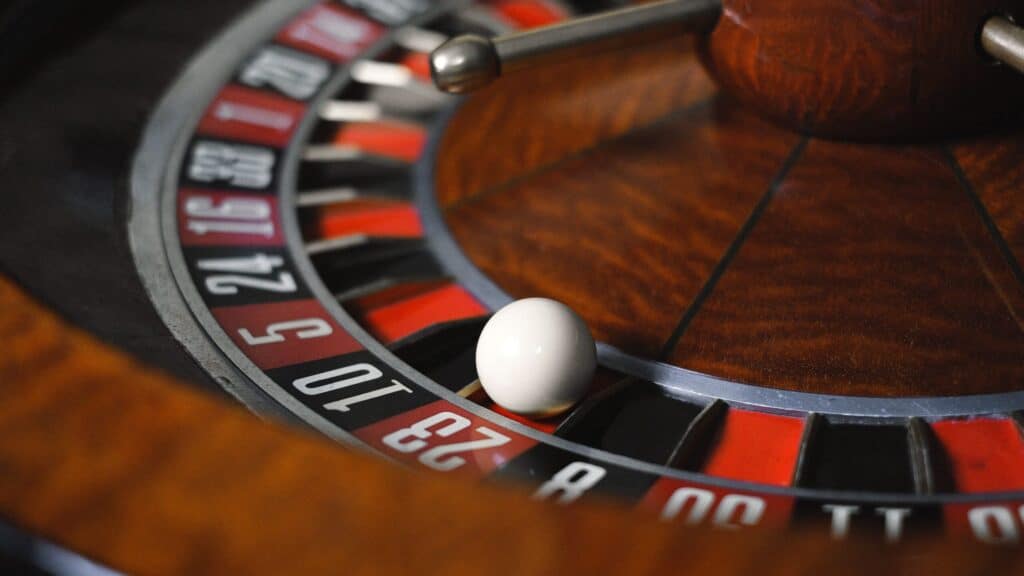Introduction
Roulette is a captivating casino game known for its thrilling gameplay and the promise of substantial rewards. While the game itself is based on chance, the psychology behind how players approach roulette betting patterns can significantly influence their decisions and experiences. Understanding these psychological factors can provide insights into why certain patterns emerge and how they impact betting behavior.
The Allure of Betting Patterns
The Illusion of Control
One of the fundamental psychological factors at play in roulette is the illusion of control. Players often believe that they can influence the outcome of the game through specific betting patterns or systems. This illusion can be driven by the human desire to exert control over unpredictable outcomes.
Example:
A player might believe that betting on a particular color or number pattern will increase their chances of winning, despite the game being purely random. This belief can lead to more frequent and emotionally driven bets.
The Gambler’s Fallacy
The gambler’s fallacy is a common cognitive bias where players believe that past outcomes influence future results in games of chance. In roulette, this fallacy might manifest as the belief that a certain number or color is “due” to win after a series of losses.
Example:
If red has come up several times in a row, a player might believe that black is more likely to come up next, despite each spin being independent and having the same odds as any other spin.
Pattern Recognition
Humans are naturally inclined to recognize patterns, even in random events. In roulette, this tendency can lead players to search for patterns in the wheel’s results, influencing their betting strategies.
Example:
A player might notice that certain numbers appear more frequently and decide to place bets based on these perceived patterns, even though the results are statistically independent.
Common Betting Patterns and Their Psychological Roots
The Martingale System
The Martingale System is a popular betting strategy where players double their bets after each loss with the aim of recouping losses when they eventually win. The psychology behind this system is rooted in the desire to recover losses quickly and the belief that a win is inevitable.
Psychological Impact:
- Desperation to Recover Losses: Players may feel compelled to use the Martingale System to quickly recover losses, leading to increased risk-taking.
- False Sense of Security: The belief that doubling bets will eventually result in a win can create a false sense of security, leading to larger and riskier bets.
The Fibonacci System
The Fibonacci System is based on a mathematical sequence where each number is the sum of the two preceding numbers. Players increase their bets according to this sequence after each loss and decrease them after a win.
Psychological Impact:
- Structured Approach: The Fibonacci System provides a structured approach to betting, which can help players feel more in control and less impulsive.
- Expectation of Gradual Recovery: Players might believe that the system offers a more gradual recovery from losses compared to more aggressive systems.
The D’Alembert System
The D’Alembert System involves increasing bets by one unit after a loss and decreasing them by one unit after a win. This strategy is less aggressive than the Martingale System and aims for a balanced approach.
Psychological Impact:
- Controlled Risk-Taking: The D’Alembert System’s incremental approach can appeal to players who prefer controlled and less risky betting.
- Confidence in Balancing Wins and Losses: Players might feel more confident using this system, believing that it balances their wins and losses over time.
The Reverse Martingale System
The Reverse Martingale, or Paroli System, involves increasing bets after a win and returning to the base bet after a loss. This strategy focuses on capitalizing on winning streaks.
Psychological Impact:
- Optimism During Winning Streaks: Players may experience heightened optimism and confidence during winning streaks, leading to increased bets.
- Focus on Positive Outcomes: The strategy encourages players to focus on positive outcomes and leverage winning streaks, which can be motivating.
Cognitive Biases Influencing Roulette Bets
The Hot Hand Fallacy
The hot hand fallacy is the belief that a player who is experiencing a winning streak will continue to win. In roulette, this bias can lead players to increase their bets during winning streaks, assuming their luck will persist.
Example:
A player might bet more heavily on a color or number that has been winning frequently, based on the belief that the trend will continue.
The Sunk Cost Fallacy
The sunk cost fallacy is the tendency to continue investing in something due to the resources already committed, even when it no longer makes rational sense. In roulette, this can lead players to increase their bets to recover losses.
Example:
If a player has already lost a significant amount, they might be tempted to place larger bets to try and recover their losses, despite the increasing risk.
Strategies for Managing Psychological Influences
Set Limits and Stick to Them
Establishing and adhering to betting limits can help mitigate the impact of psychological biases. By setting clear limits on the amount of time and money to spend, players can maintain control over their gambling behavior.
Practice Mindful Gambling
Mindful gambling involves being aware of your thoughts, emotions, and behaviors while playing. This awareness can help players recognize when they are falling victim to cognitive biases and make more informed decisions.
Use Betting Systems with Caution
While betting systems can provide structure, it’s essential to recognize their limitations and avoid relying on them as a guarantee for success. Approach betting systems with a clear understanding of their potential risks and benefits.
Seek Support if Needed
If you find that gambling is affecting your well-being or leading to problematic behavior, consider seeking support from gambling support organizations or professionals. They can provide guidance and resources to help you manage your gambling habits effectively.
Conclusion
Understanding the psychology behind roulette betting patterns can enhance your gaming experience and help you make more informed decisions. By recognizing cognitive biases and implementing strategies to manage their impact, you can approach roulette with greater awareness and control. Remember that roulette is a game of chance, and while strategies can provide structure, there are no guarantees of winning. Play responsibly and enjoy the thrill of the game.



